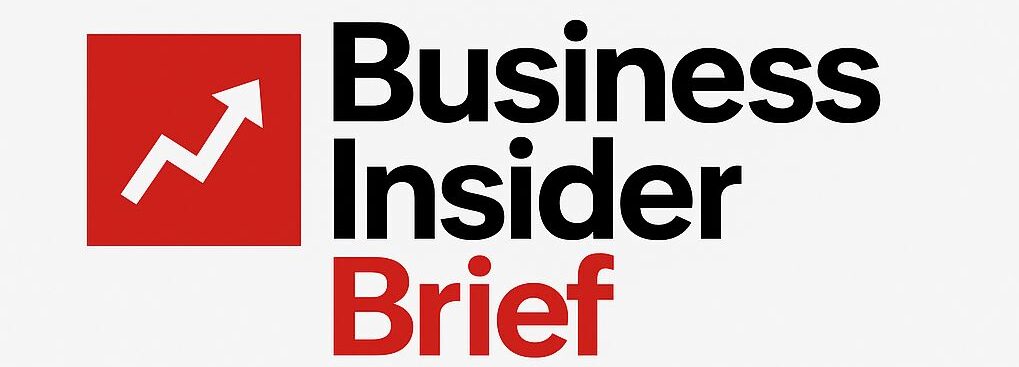In today’s fast-paced digital world, knowing when to reach out to your customers is just as important as knowing what to say. Businesses that understand and capitalize on “event-based buying triggers” can dramatically improve their marketing effectiveness, close more deals, and create a deeper connection with their audience. Think about it—how often have you made a purchase because something just happened in your life or business? Maybe you got a new job, moved to a new place, or your company received a fresh round of funding. These events, whether personal or professional, act as buying signals, nudging customers toward a purchase decision.
Event-based triggers are the breadcrumbs of intent. They’re the subtle, yet powerful clues that tell marketers when someone is ready to buy. In this article, we’ll explore how businesses can use these triggers to not only improve their sales and marketing strategies but to also meet their customers at the exact right moment—when the need is strongest, and the chance of conversion is highest.
Let’s dive into what buying triggers really are, why they matter, and how your business can start leveraging them today.
Understanding Event-Based Buying Triggers
What Are Buying Triggers?
Buying triggers are specific events or changes in a person’s life or a business’s operations that create an immediate need or interest in a product or service. These events push the customer closer to the decision-making process and often lead to a quicker conversion. Think of it like striking while the iron is hot—the customer is more receptive, more curious, and more ready to act when a relevant event has just occurred.
For example:
-
A newly engaged couple looking for wedding venues.
-
A company that just hired 20 new employees and now needs more office equipment.
-
A homeowner who just experienced a pipe burst looking for emergency plumbing.
These triggers can be categorized broadly into:
-
Personal Life Events: Birthdays, moving, marriage, graduation.
-
Business Events: Funding rounds, mergers, hiring sprees.
-
Behavioral Actions: Browsing certain product pages, abandoning a cart.
-
External Events: Seasonal changes, economic shifts, legislation changes.
By identifying and understanding these moments, businesses can tailor their marketing messages, offer timely solutions, and present their brand as the perfect answer to an immediate need.
The Psychology Behind Buyer Decisions
Behind every buying decision lies a psychological journey. When an event occurs, it often disrupts the customer’s routine or creates a new need. This shift triggers emotional responses—urgency, excitement, anxiety, curiosity. When businesses respond to these emotional cues in real-time, they not only capture attention but also build trust.
Here’s the breakdown:
-
Awareness: The event makes the customer aware of a need.
-
Consideration: The customer begins exploring options.
-
Decision: A solution is chosen—ideally yours.
The closer your business aligns with this timeline, the more likely you are to convert. Event-based triggers are the spark that ignites this process.
Why Event-Based Triggers Matter for Businesses
The Shift from Generic to Targeted Marketing
Gone are the days of one-size-fits-all marketing. Generic campaigns may still get views, but they rarely lead to action. Consumers today expect personalization—they want to feel seen, understood, and valued. Event-based triggers allow you to do just that.
Instead of blasting a promotional email to 10,000 people hoping someone clicks, you can send a tailored message to someone who just experienced a relevant trigger:
-
“Congrats on your promotion! Here are some executive wardrobe tips.”
-
“Just moved in? Don’t forget to update your security system.”
This form of targeted marketing not only improves open rates and conversions but also enhances the overall customer experience.
According to Salesforce, 84% of customers say being treated like a person—not a number—is very important to winning their business. Triggers help you deliver that human touch at scale.
How Timing Impacts Purchase Decisions
In marketing, timing isn’t everything—it’s the only thing. Reaching your audience at the right time, when the need is fresh, gives you a massive advantage. A customer who just received funding for their startup is far more likely to invest in new software than someone who hasn’t had any operational changes in months.
Here’s why timing is so critical:
-
Fresh needs mean faster decisions.
-
Competition is lower immediately after the trigger.
-
Relevance increases engagement.
A well-timed campaign based on a recent trigger can feel almost psychic to the customer. They’ll think, “How did they know I needed this?” That’s the power of strategic timing.
Common Event-Based Buying Triggers
Personal Life Events (Birthdays, Marriage, Relocation)
These are some of the most emotionally charged events that influence buying behavior. People are more likely to spend during significant life changes because they’re entering new phases that require different products or services.
Examples:
-
Birthdays: Gift items, restaurant bookings, self-care services.
-
Marriage: Jewelry, photography, venues, honeymoon packages.
-
Relocation: Furniture, internet service, local services.
Marketers can tap into these triggers using tools like Facebook ad targeting (e.g., recently moved), loyalty programs (birthday discounts), or email automation flows that ask for important dates during sign-up.
The key is not just to know the event but to anticipate the needs that follow. If someone moves, they’ll need utilities, cleaning services, maybe a nearby gym. Positioning your product as part of their “new life” makes you both relevant and timely.

